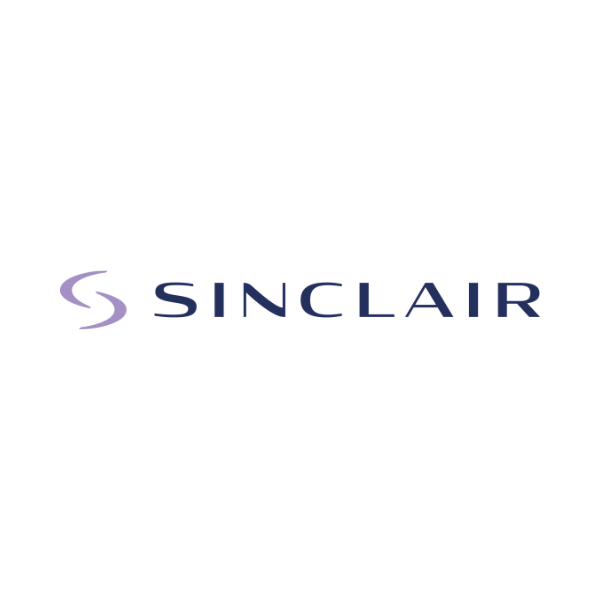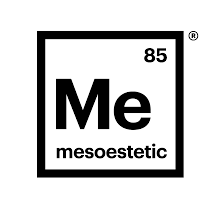The following blog has been written by our insurance partners HPPB:
The abating COVID pandemic changed many things in our lives. For some businesses the impact was immense – we have all missed our trips to the hairdresser and barber who were universally shut. Similarly the beauty, cosmetic and non-invasive aesthetics business was also almost entirely shut down. At MRSL Enterprise we did advise as best we could on where a business could continue to treat patients, but the conclusion there was some patients could be treated with extreme care. Many aesthetics practitioners faced full closure for months with the prospect of no revenue and scantily reduced costs.
Insurance is a major cost for a healthcare business. As the business shuts down so does the risk to insurers. No treatments – no complaints or claims. Motor insurers enjoyed a similar boost as people stopped driving. No car journeys – no accidents. Motor insurers responded by allowing customers to reduce their annual reported mileage and reduce the cost of their insurance.
So what did insurers in the healthcare sector do?
For aesthetics and cosmetics practitioners the team at Healthcare Professional Protection understand that insurers did very little. Some businesses cancelled their insurance and others did not renew it while they were shut down. All of this is understandable – but it actually leaves practitioners more exposed. What is needed in these circumstances is concrete support from insurers.
Many of our healthcare businesses benefited from a suspension of their insurance policy through lockdown. This means that the insurance policy remains active which it has to be to respond to claims. Just about all healthcare indemnity policies have to be active at the time that a claim is received (not at the date of the incident). This means that a business that cancelled its policy in May 2020 would not be insured if a claim arrived in Jun 2020 relating to an incident from January 2020. This concept of the policy being in place but suspended is important for continued cover. The suspended policy meant that the business had to be closed and not undertaking any work. When the business reopened the policy was then extended by the amount of time that it was suspended for no additional premium. There was a maximum extension of three months. The non-technical way to look at this is that insurers recognised that there was a period of no risk while healthcare businesses where shut. Supportive insurers added on the time the business was closed for no additional cost.
A good insurance broker isn’t someone who just collects a premium once a year. A good insurance broker is there to advise you on the risks in your business and to work with your insurer to ensure that your insurance works for your business.










